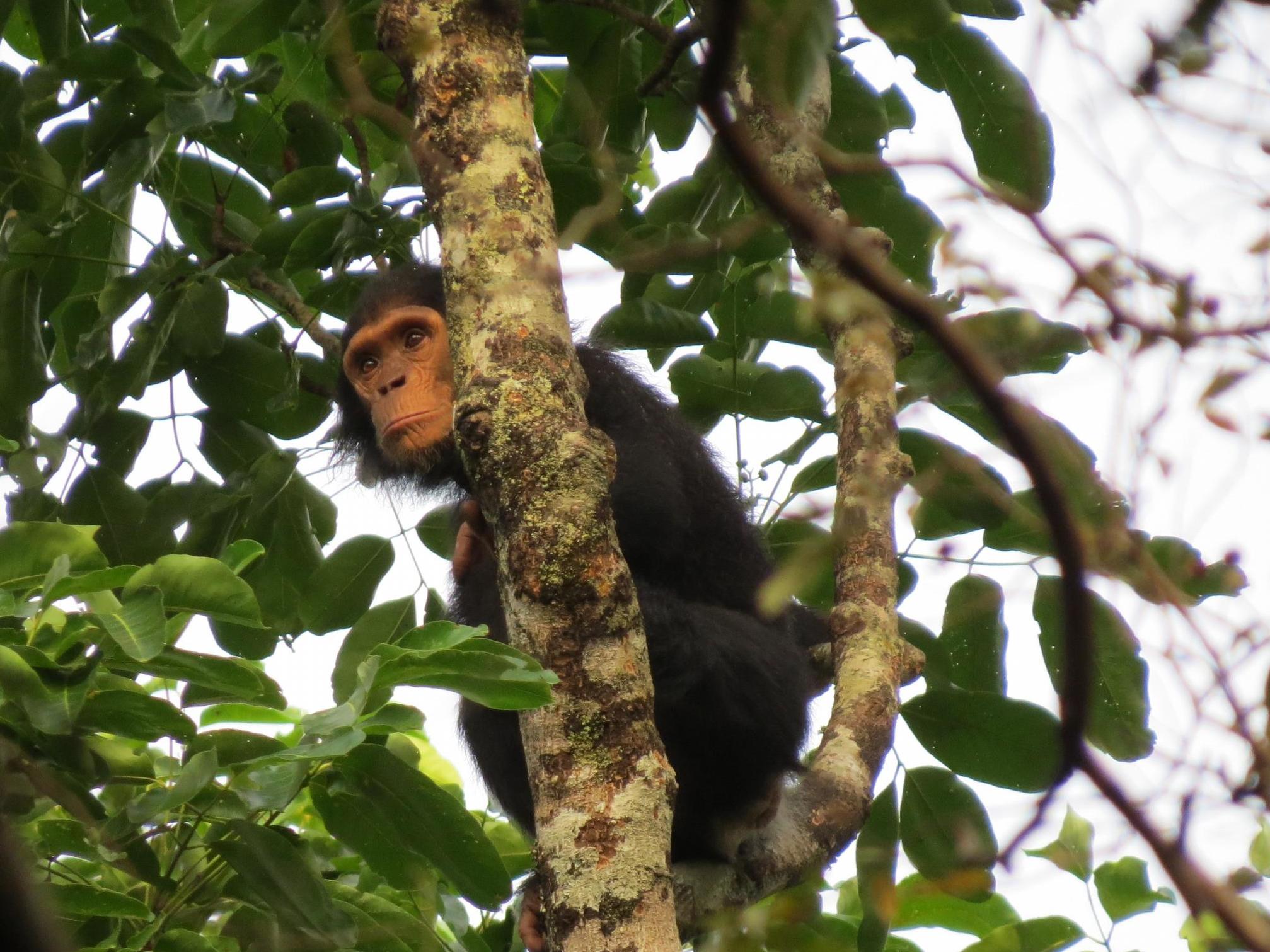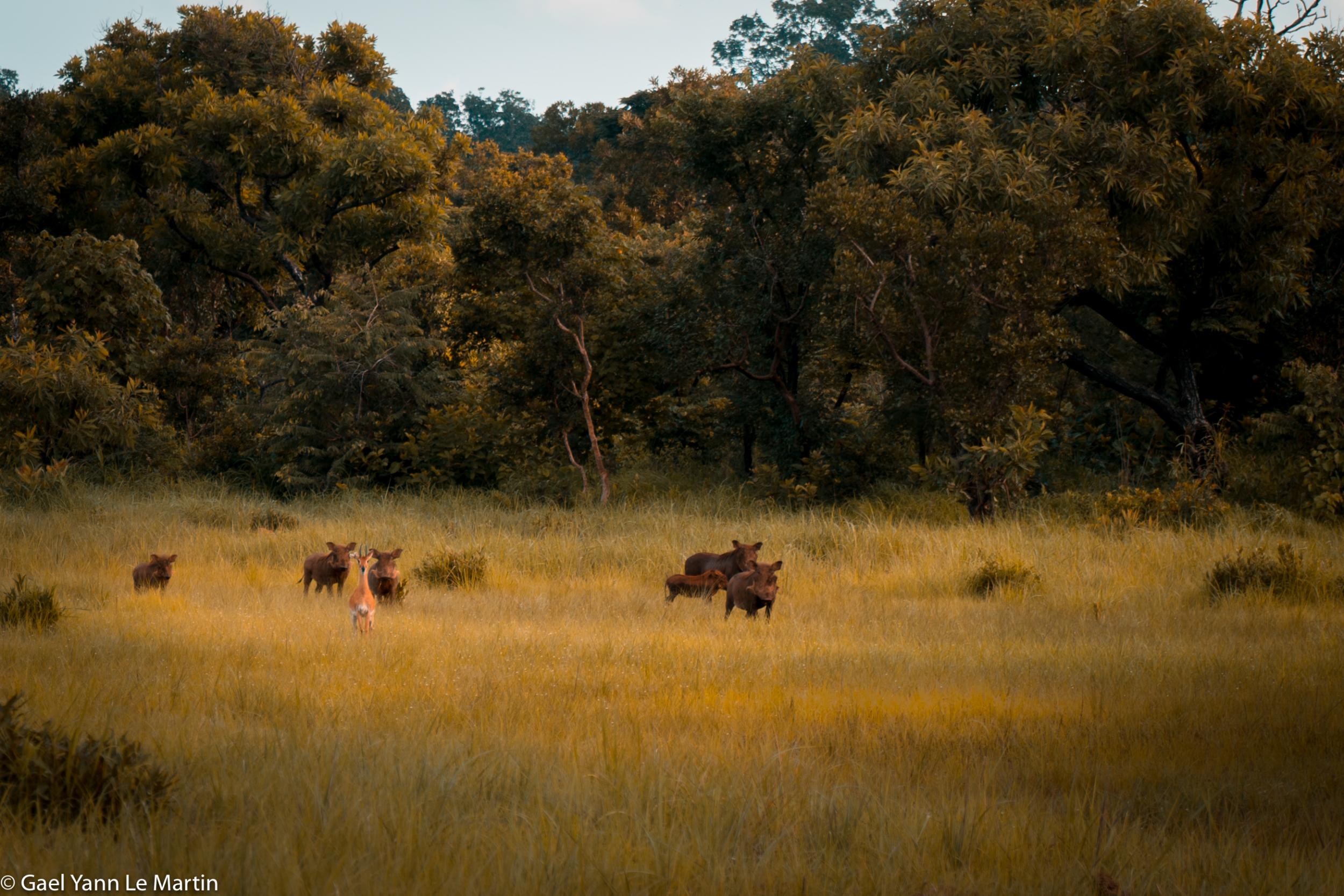Stop The Wildlife Trade: One of Africa’s largest nature reserves and home to four pangolin species expands its protection
The Central African Republic’s Chinko basin, an area twice the size of Massachusetts, is a biodiversity hotspot that has been targeted by militarised poachers

Your support helps us to tell the story
From reproductive rights to climate change to Big Tech, The Independent is on the ground when the story is developing. Whether it's investigating the financials of Elon Musk's pro-Trump PAC or producing our latest documentary, 'The A Word', which shines a light on the American women fighting for reproductive rights, we know how important it is to parse out the facts from the messaging.
At such a critical moment in US history, we need reporters on the ground. Your donation allows us to keep sending journalists to speak to both sides of the story.
The Independent is trusted by Americans across the entire political spectrum. And unlike many other quality news outlets, we choose not to lock Americans out of our reporting and analysis with paywalls. We believe quality journalism should be available to everyone, paid for by those who can afford it.
Your support makes all the difference.One of Africa‘s largest nature reserves, home to thousands of endangered animals and once plagued by heavily-armed poachers, has been expanded and placed under long-term protection.
A 25-year partnership was announced today between the non-profit African Parks and the government of the Central African Republic (CAR) which covers 5.5m hectares of the Chinko basin — an area twice the size of Massachusetts.
The area is a rich biodiversity hotspot of both savannah and rainforests and its two major rivers form a crucial freshwater system. It is the only refuge for African wild dogs in the region and has a large population of Eastern chimpanzees, Eastern giant elands, elephants and big cats including Northern lions.
The area is also home to all four species of African pangolins, the world’s most trafficked animal. The illegal trade in pangolins had been linked to the coronavirus outbreak and although studies have shown that they are unlikely to have been involved in the transmission of Covid-19, the species are known to be natural hosts of coronaviruses.
In the past, the Chinko landscape has faced threats from militarised poachers who have decimated species for bushmeat, ivory, animal skins and body parts to be used in traditional medicine. Populations of mammals teetered on the verge of being wiped out with almost 95% disappearing.

The seasonal arrival of hundreds of thousands of cattle led by armed herders from Sudan also took a heavy toll on natural resources and was a source of conflict with local communities. The practice, called transhumance, led to cattle overgrazing on land and spreading disease, while herders slashed and burned through forests and survived by killing game.
The CAR has been marred by conflict over more than a decade of civil war. As of 2018, more than two-thirds of the country was controlled by armed groups, according to World Vision, and thousands of people were killed in conflict. The UN reports that one in four Central Africans are displaced within the country or have fled to neighbouring states.
A humanitarian crisis led to 380 displaced people, mostly women and children, fleeing to the Chinko reserve in 2017 to escape ethnic violence, where they were sheltered for more than a year before being able to return to their villages.
African Parks manages 17 national parks and protected areas in 11 countries amounting to 13.3m hectares across the continent and has the largest on-the-ground network of rangers to combat poaching.
When Chinko is combined with neighbouring reserves, it forms the largest continuous protected wilderness on the continent, spanning 80,000km2.
Peter Fearnhead, CEO of African Parks, said: “As we face a global health crisis, this reminds us that we can build resilience in these ecosystems, in these places that deliver clean air and water, food security, carbon sequestration, jobs, education and healthcare to support the bedrocks of human wellbeing”.
His Excellency Amit Idriss, the Minister of Water, Forestry, Hunting and Fishing in CAR, said: “Our public-private partnership with African Parks builds on a relationship forged in 2014, which has already helped to transform Chinko.
“This new agreement allows us to increase the impact being made through good governance, demonstrating the value of partnerships in helping to secure a landscape, enabling stability to return, biodiversity to recover, and people to benefit from sustainable development.”
The Independent is calling for an end to the high-risk sale and trafficking of wildlife with our campaign, Stop The Wildlife Trade.
Join our commenting forum
Join thought-provoking conversations, follow other Independent readers and see their replies
Comments